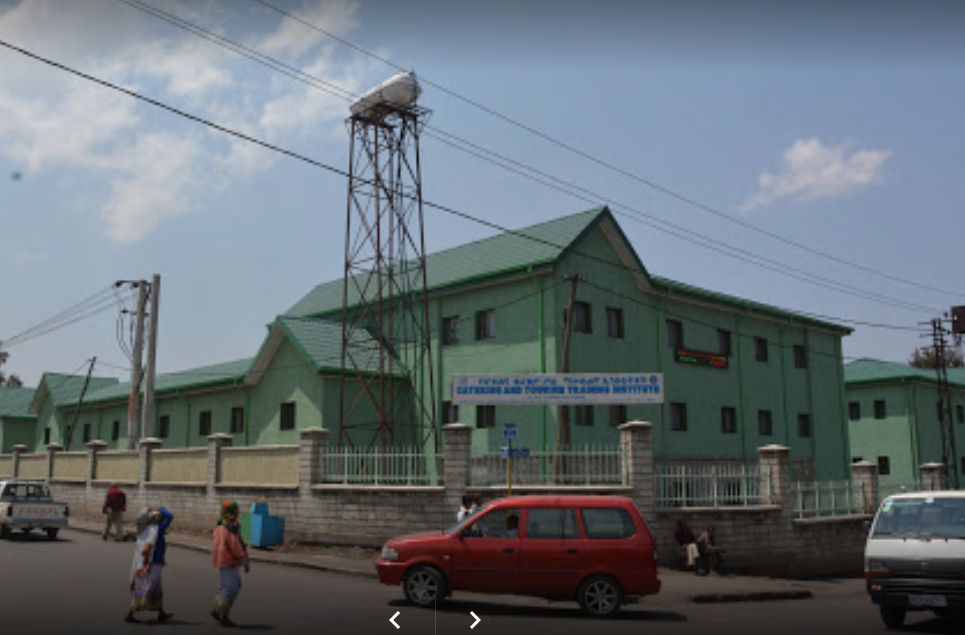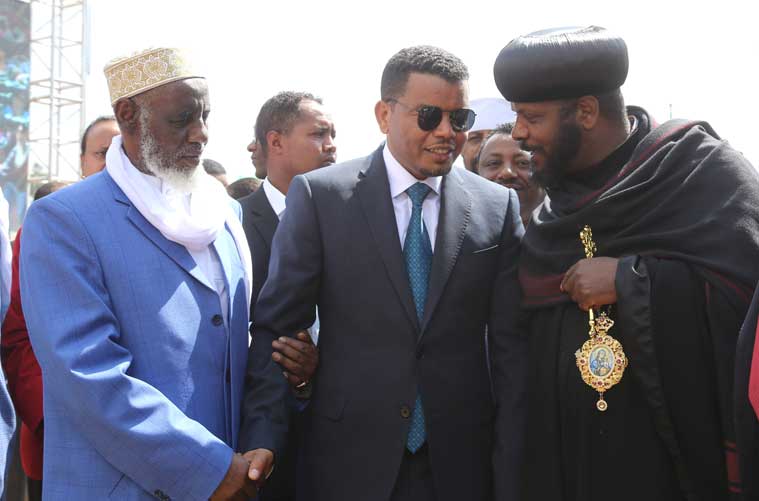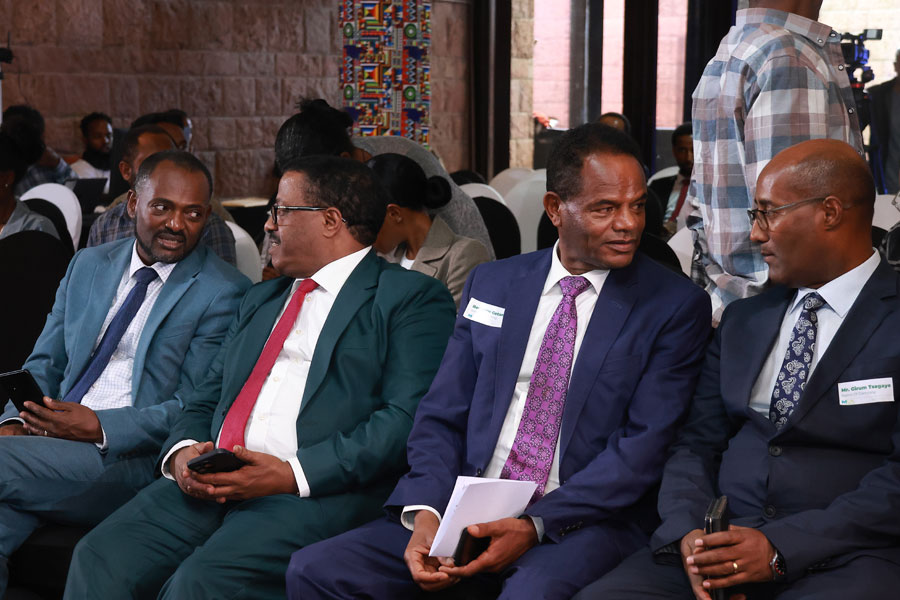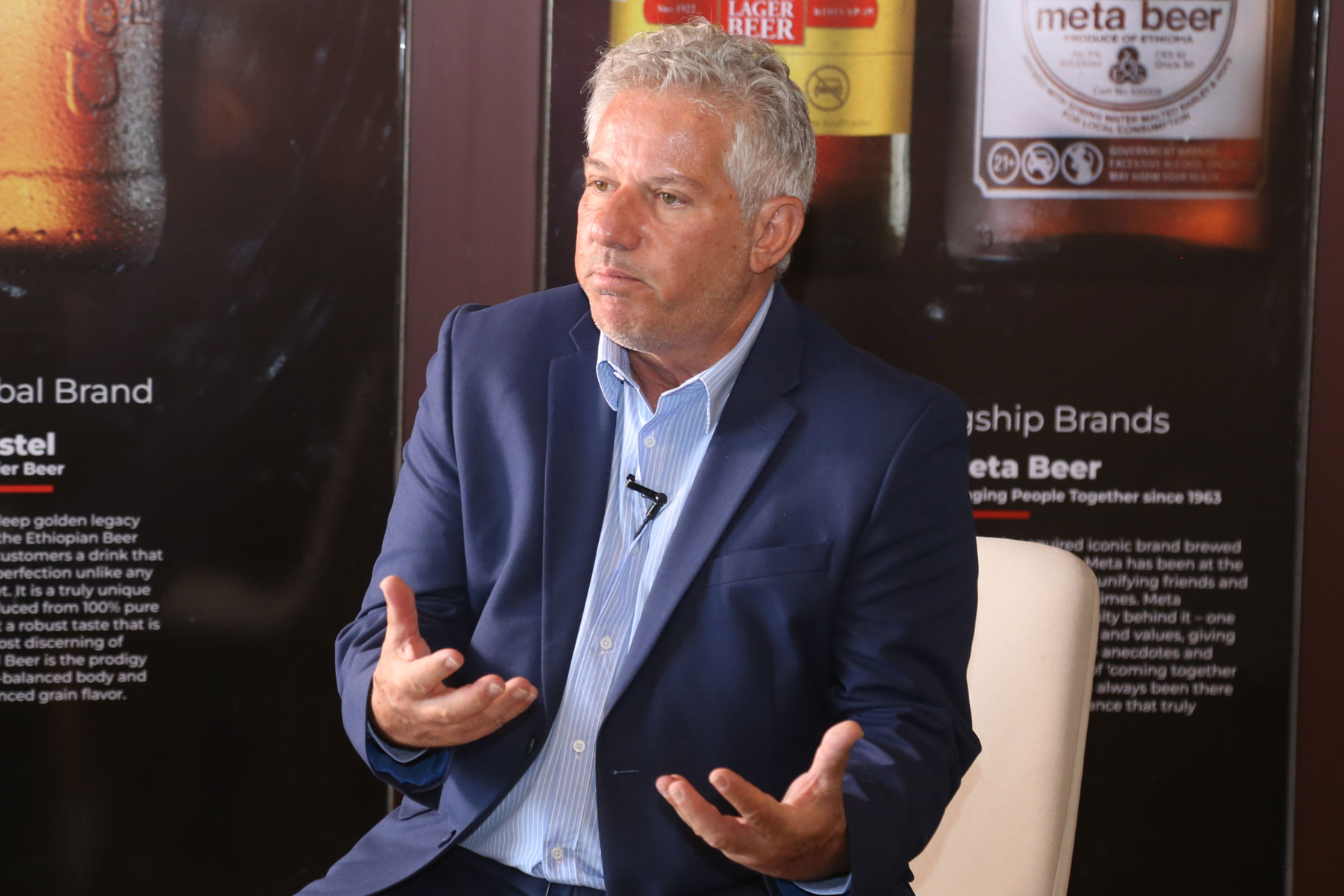
Fortune News | Sep 14,2019
Sep 28 , 2024
By Geremew Milkias
Investing in education at the national and individual levels is crucial for sustaining the human capital needed across various sectors. In advanced economies, students often pay tuition fees by taking out loans, considering their potential wages upon employment to offset this debt. Studies have shown that each additional year of education can boost an individual's earning potential, reinforcing society's belief in the economic value of higher learning.
Ethiopia's recent initiative to train five million coders signals the demand for highly skilled programmers in the nascent digital and knowledge economy. However, this ambitious goal depends on providing quality education at every level. Without substantial investment in quality education, such initiatives may struggle to produce the desired outcomes.
In many developed countries, students select universities based on their preferences and the associated tuition fees. Families save for college expenses, and students often take on loans to cover costs. These financial mechanisms are deeply ingrained in these societies, supported by established systems that facilitate student loans and savings plans. Ethiopia lacks such a robust financial system designed to offer loans for college tuition. Many parents may not have the collateral to secure such loans, making higher education less accessible for a large portion of the population.
As the federal authorities consider transitioning to autonomous universities, the financial independence of these institutions becomes a contentious issue. While autonomy could address some of universities' financial needs, it raises questions about the broader public's ability to shoulder increased tuition fees. Without a supportive welfare system and careful preparation, the shift could exacerbate educational inequities.
However, the debate over university funding models is not unique to Ethiopia. In advanced Western economies, academic expenses often fall on students and their families. This system has led to growing voices of concern about student debt and its long-term impact on economic mobility. Graduates struggle with loan repayments, prompting discussions about whether individuals should bear the full cost of education that ultimately benefits the broader economy through their contributions in various fields.
Scandinavian countries like Denmark offer a different model. Academic programs are free for every citizen who meets institutional requirements, and students receive stipends during their university studies. This approach has cultivated strong academic programs that produce scientists and engineers, propelling Denmark to a leading position in European innovation. According to the Global Innovation Index, Denmark ranks among the top European economies without the social problems associated with high levels of private student debt in countries like the United States (US).
Understandably, Ethiopia faces economic limitations in replicating such models. With average public sector salaries of less than 6,000 Br (approximately 57.7 dollars at last week's exchange rate) a month and a per capita income of less than 2,000 dollars, expecting the majority to afford tuition fees at autonomous universities is unrealistic. Parents should deserve to have time to prepare a transitional plan before enrolling their children in tertiary institutions.
Quality education should be available to prepare students for the digital and knowledge economies. The groundwork for this knowledge economy requires proactive and assertive efforts. This includes nurturing the private sector and entrepreneurial environment that can create job opportunities. Expanding and providing high-quality, world-class educational programs is critical to capitalising on innovation and demographic dividend.
Ethiopia ranks 130th in the Global Innovation Index (GII) for 2024, trailing neighbouring Kenya at 96th. In the sub-Saharan African region, it claims 24th rank, while Kenya is one of the six innovative countries in the continent.
Successive governments have invested heavily in the education sector, expanding tertiary institutions nationwide. However, this expansion now faces the critical challenge of delivering quality programs to a larger student body. Achieving educational excellence involves improving the teacher-to-student ratio and ensuring universities have highly qualified faculty. Enhancing the financial aspects of universities is part of this equation, enabling institutions to attract and retain top talent.
Access to the latest academic research, participation in scientific investigations, and forging partnerships are vital components. Collaborations across different sectors can enhance the quality of tertiary education and increase the absorption capacity of various industries. These partnerships can lead to practical studies and innovations directly benefiting the economy.
PUBLISHED ON
Sep 28,2024 [ VOL
25 , NO
1274]


Fortune News | Sep 14,2019

Viewpoints | Mar 02,2019

My Opinion | Oct 05,2024

Editorial | Apr 13, 2025

Advertorials | Jan 02,2020

Fortune News | Nov 02,2019

Fortune News | Mar 09,2024

Agenda | Oct 03,2020

Commentaries | Apr 10,2021

Exclusive Interviews | May 11,2024

Photo Gallery | 175602 Views | May 06,2019

Photo Gallery | 165819 Views | Apr 26,2019

Photo Gallery | 156189 Views | Oct 06,2021

My Opinion | 136833 Views | Aug 14,2021

Dec 22 , 2024 . By TIZITA SHEWAFERAW
Charged with transforming colossal state-owned enterprises into modern and competitiv...

Aug 18 , 2024 . By AKSAH ITALO
Although predictable Yonas Zerihun's job in the ride-hailing service is not immune to...

Jul 28 , 2024 . By TIZITA SHEWAFERAW
Unhabitual, perhaps too many, Samuel Gebreyohannes, 38, used to occasionally enjoy a couple of beers at breakfast. However, he recently swit...

Jul 13 , 2024 . By AKSAH ITALO
Investors who rely on tractors, trucks, and field vehicles for commuting, transporting commodities, and f...

Oct 18 , 2025
The political establishment, notably the ruling party and its top brass, has become p...

Oct 11 , 2025
Ladislas Farago, a roving Associated Press (AP) correspondent, arrived in Ethiopia in...

Oct 4 , 2025
Eyob Tekalegn (PhD) had been in the Governor's chair for only weeks when, on Septembe...

Sep 27 , 2025
Four years into an experiment with “shock therapy” in education, the national moo...

Oct 18 , 2025 . By NAHOM AYELE
In a sweeping reform that upends nearly a decade of uniform health insurance contribu...

A bill that could transform the nutritional state sits in a limbo, even as the countr...

Oct 18 , 2025 . By SURAFEL MULUGETA
A long-planned directive to curb carbon emissions from fossil-fuel-powered vehicles h...

Oct 18 , 2025 . By BEZAWIT HULUAGER
Transaction advisors working with companies that hold over a quarter of a billion Bir...